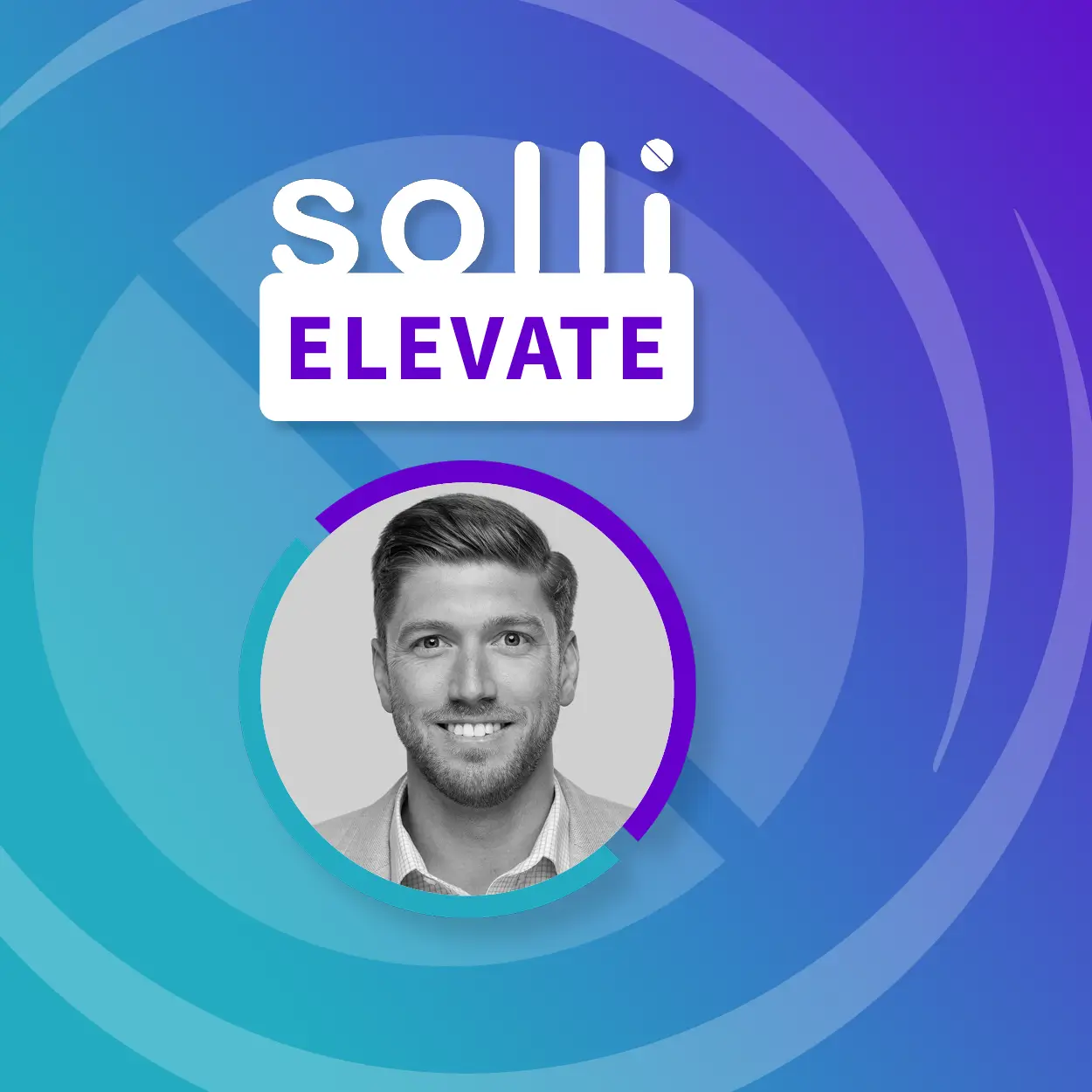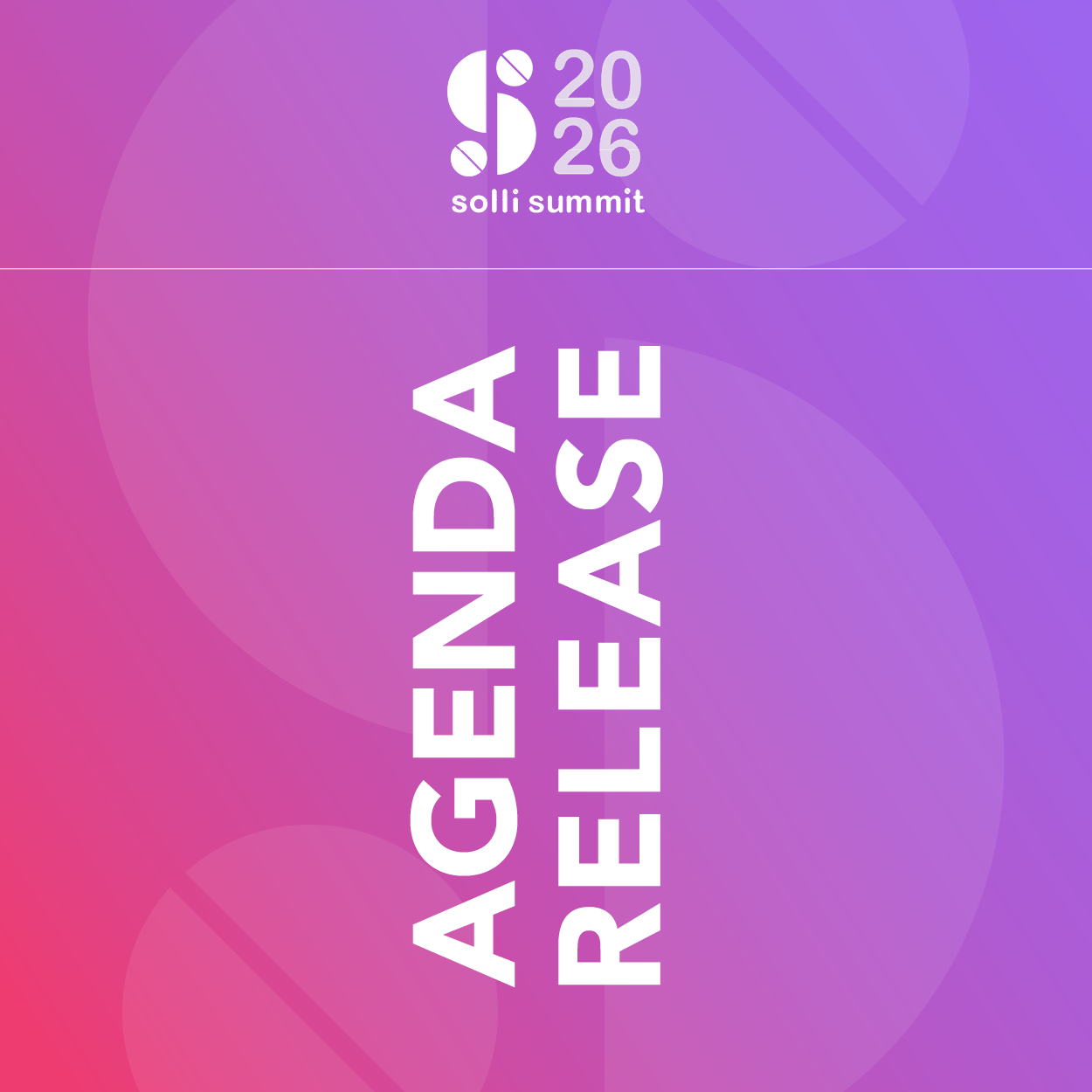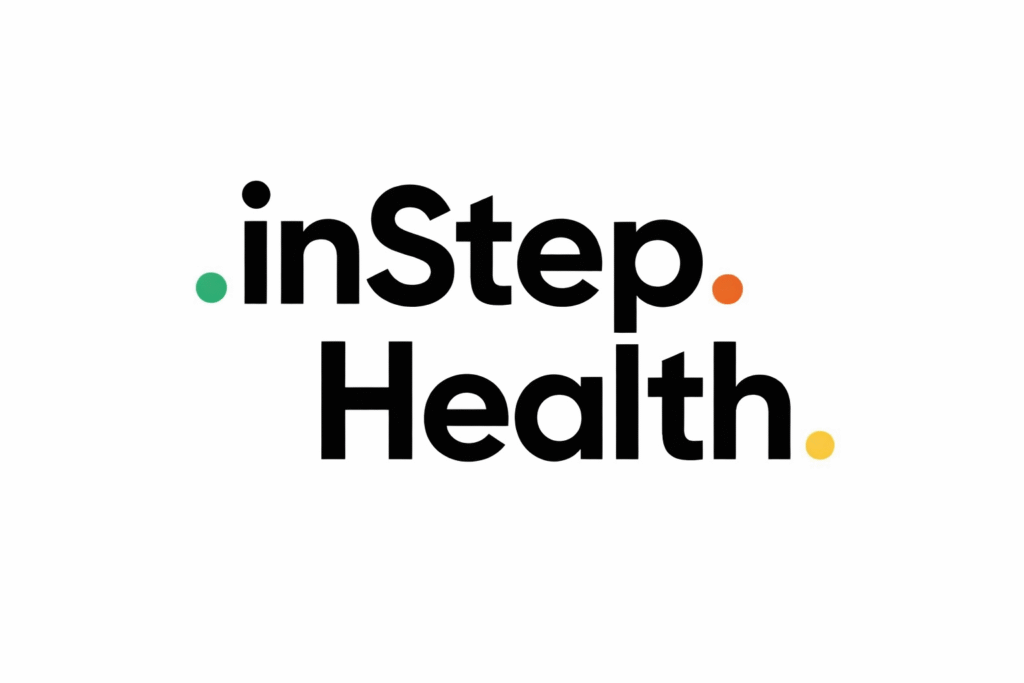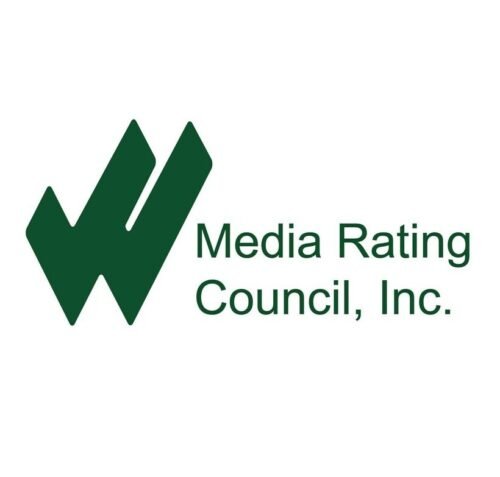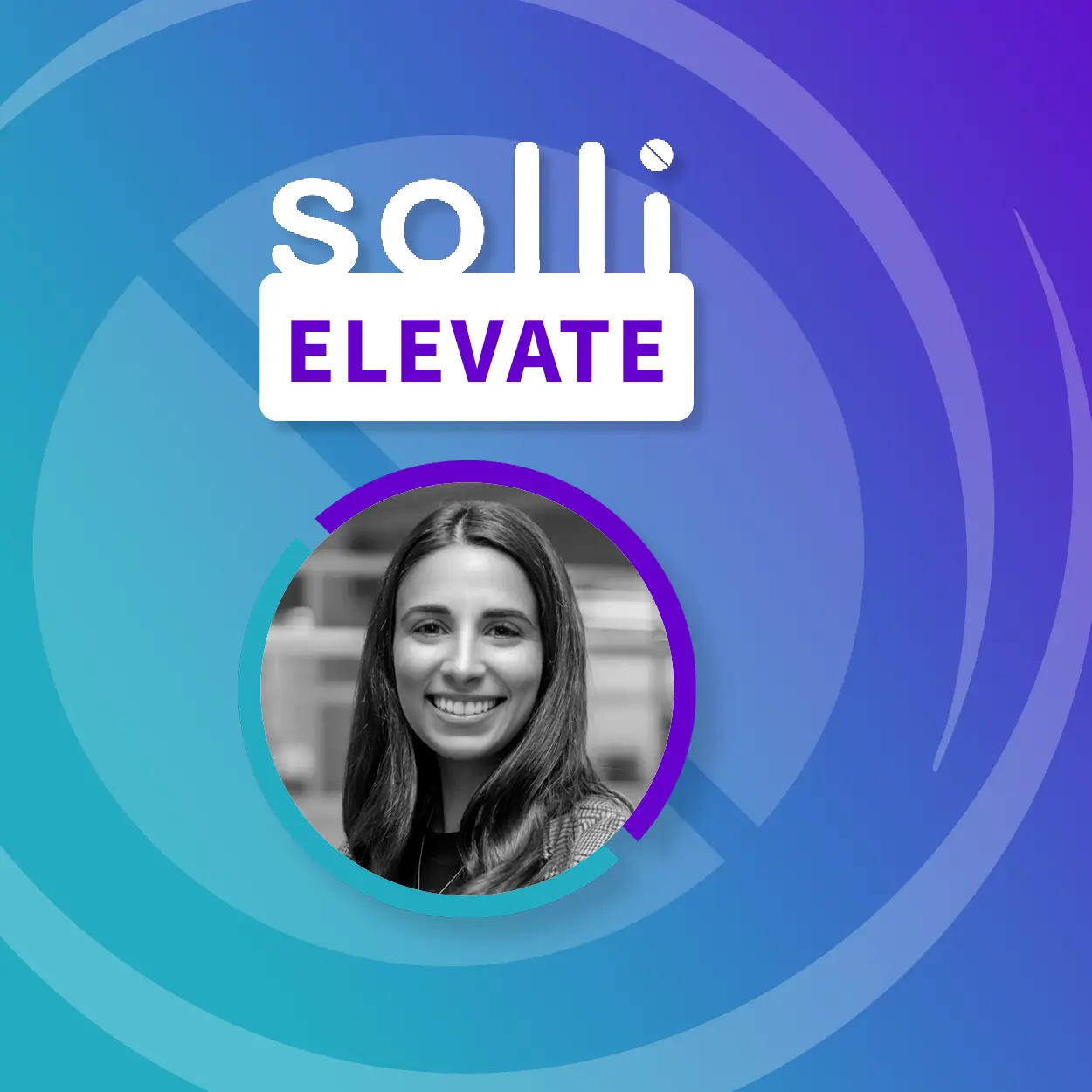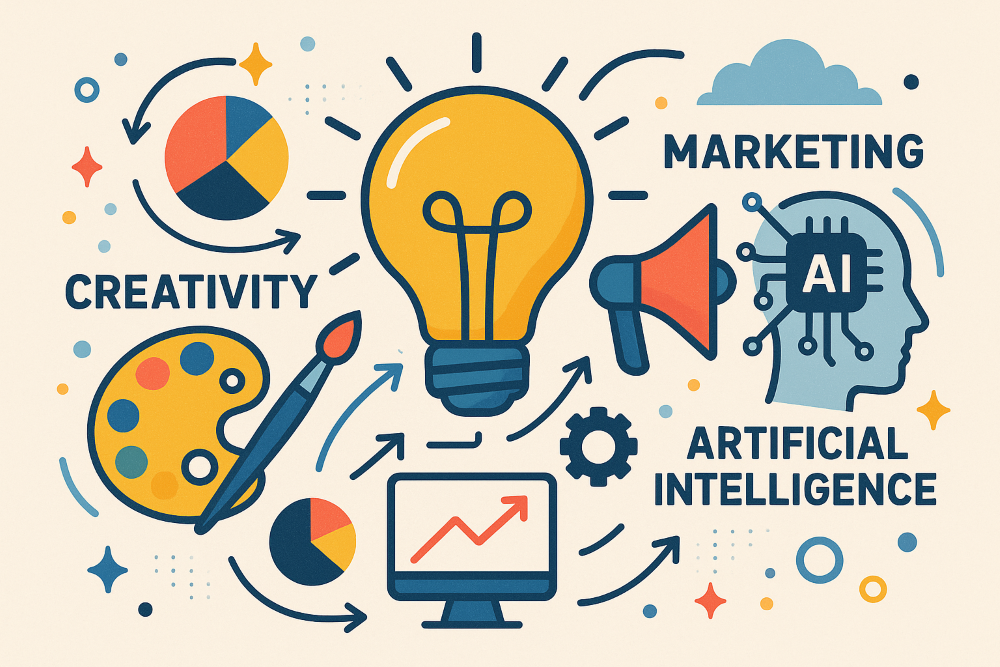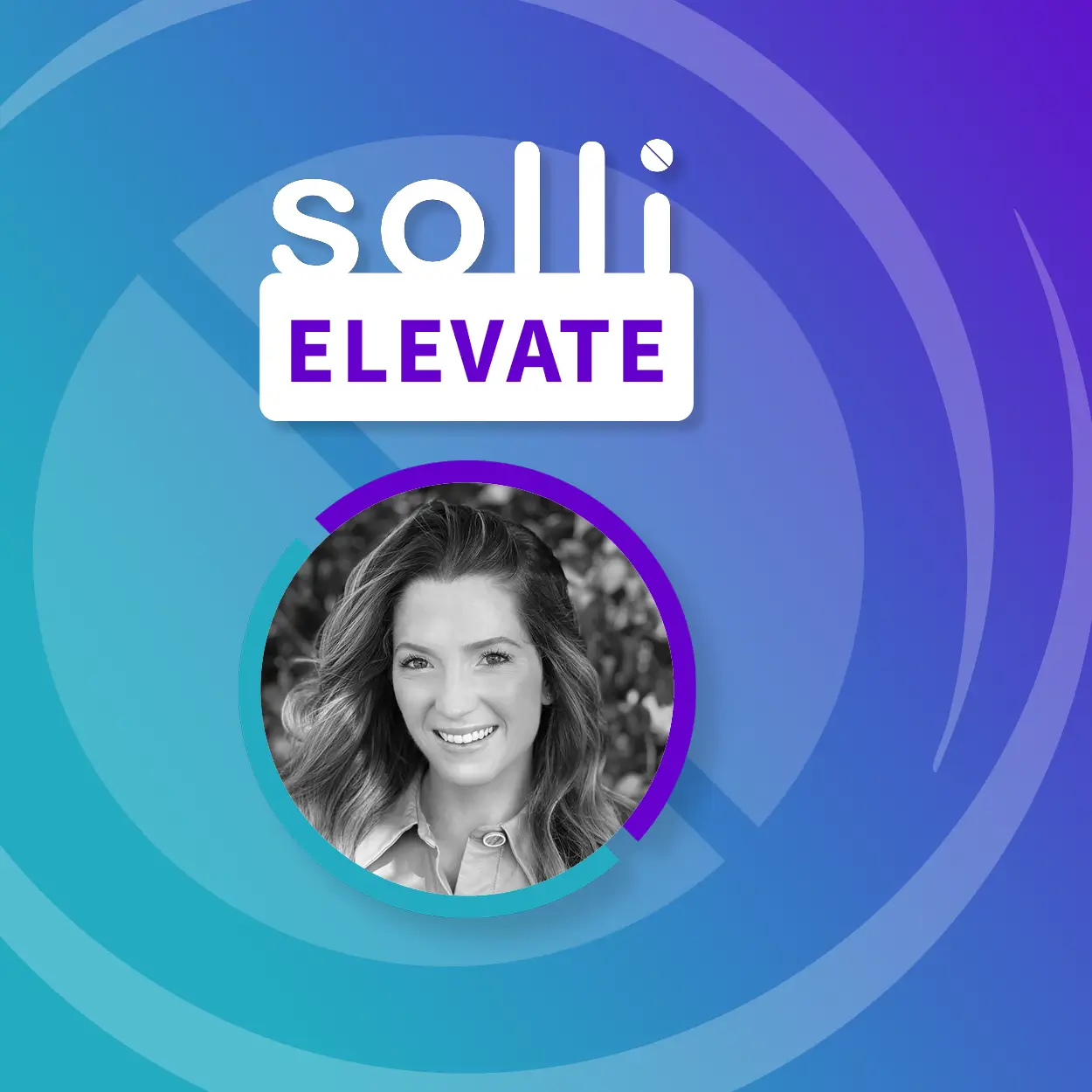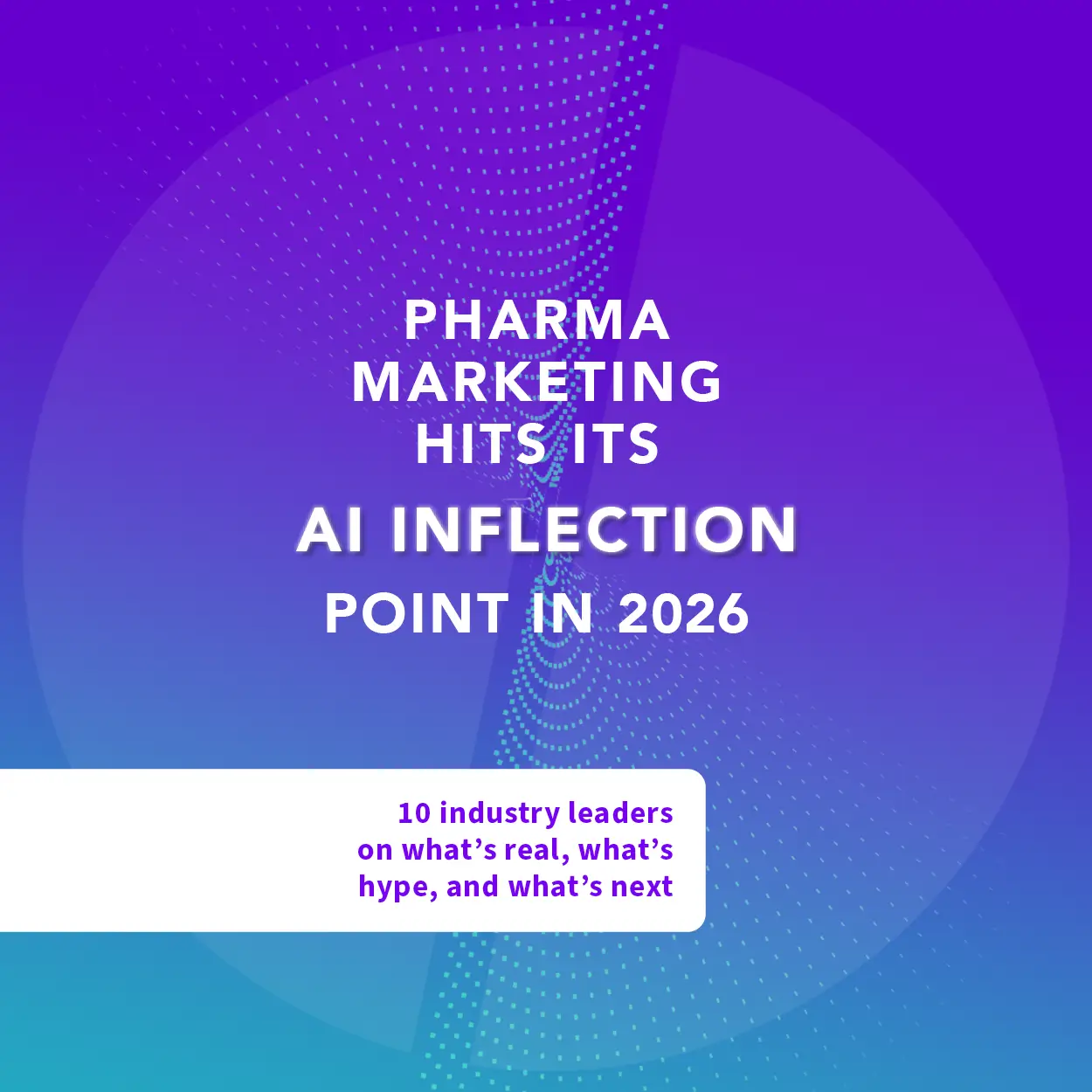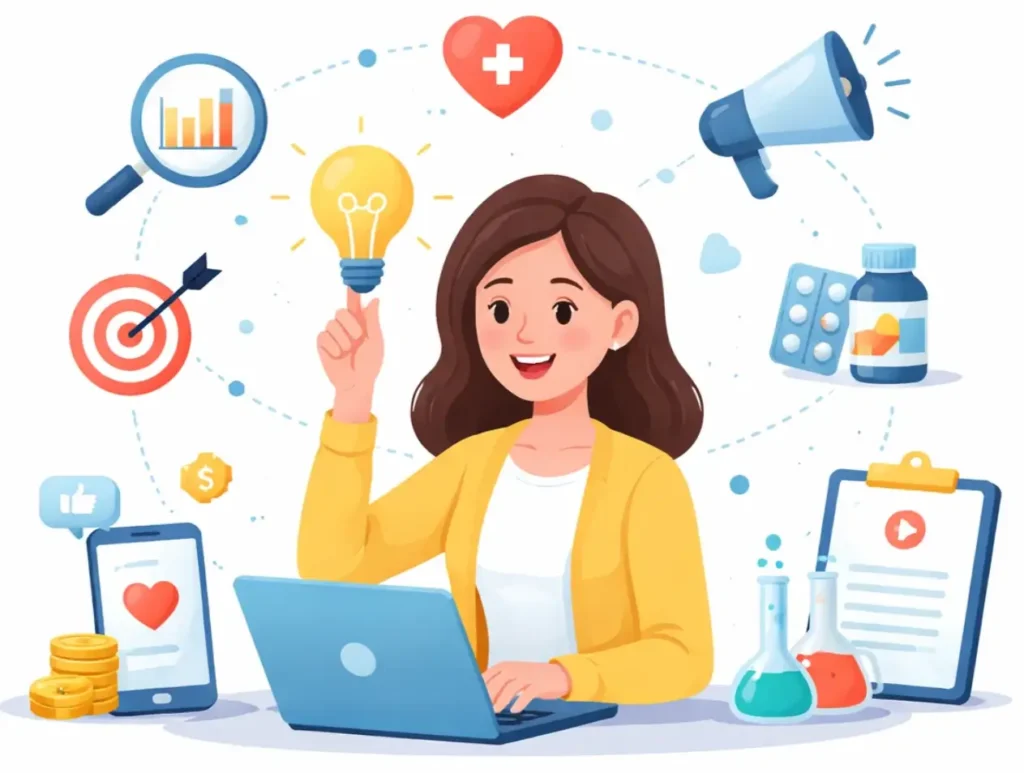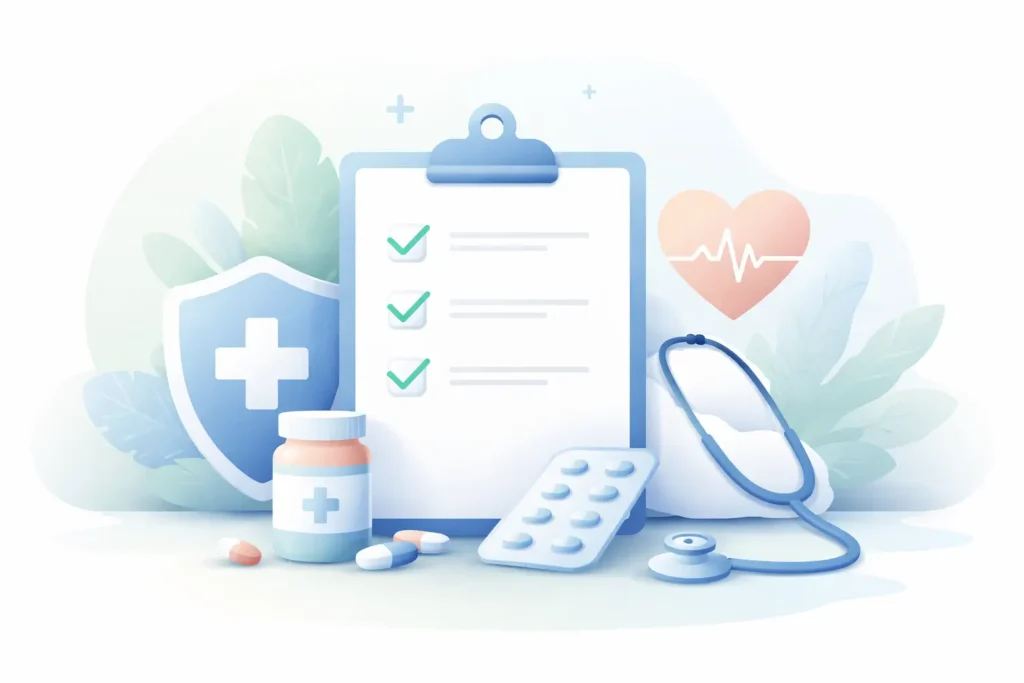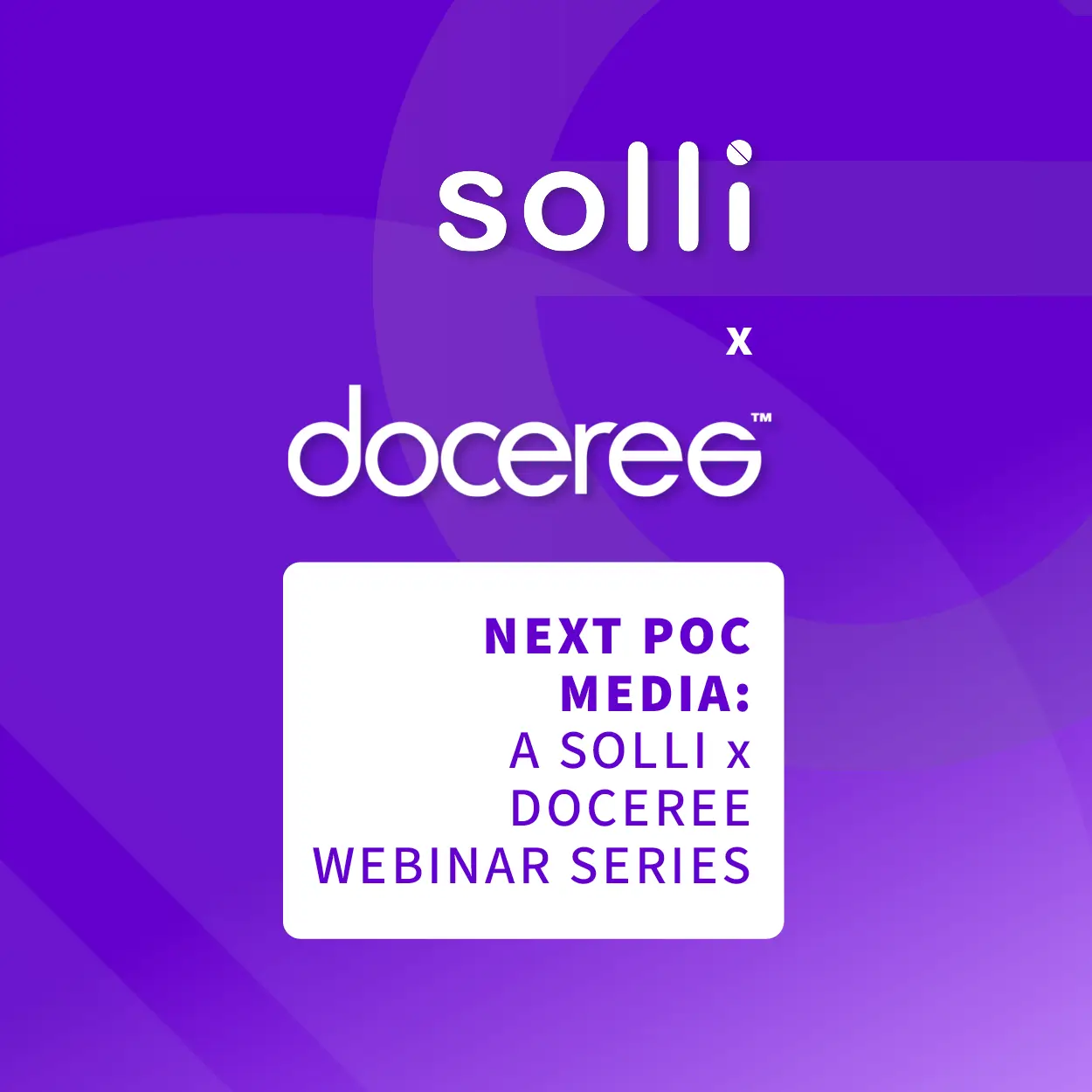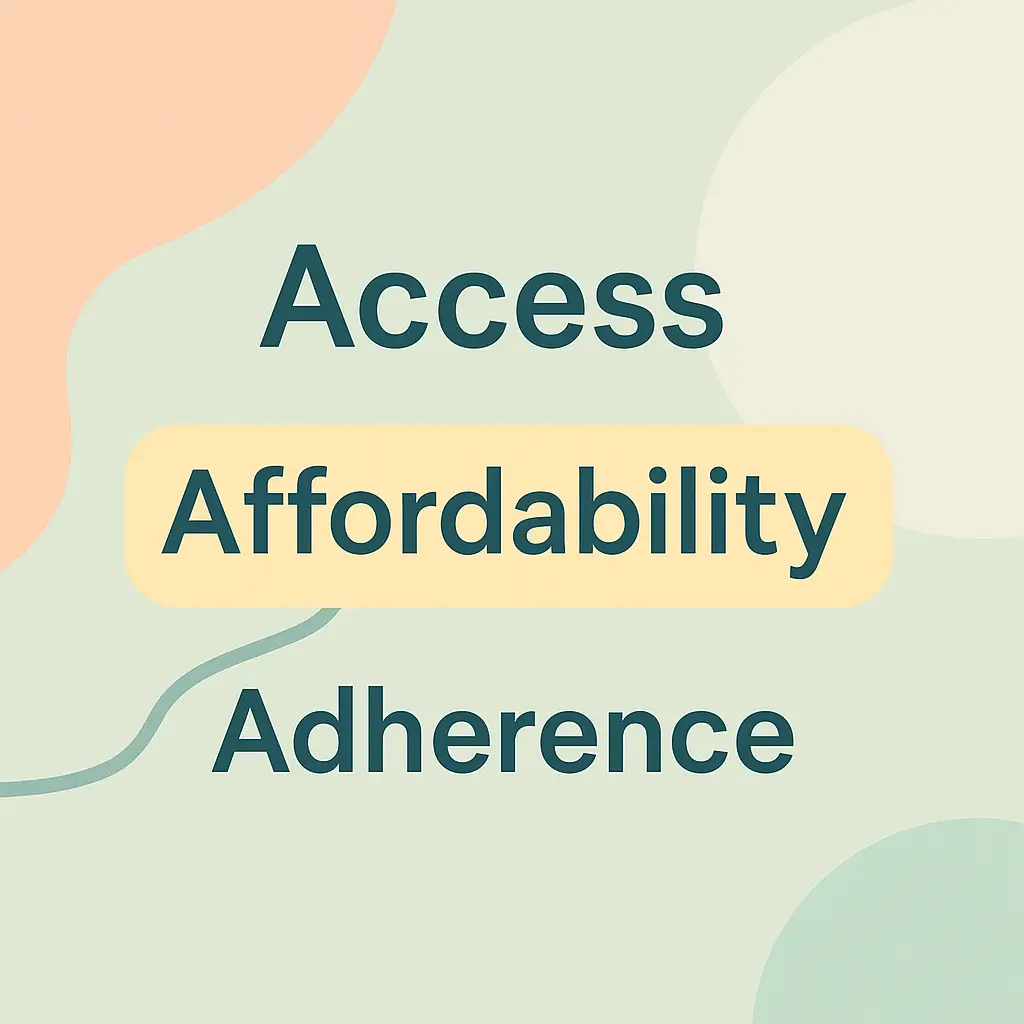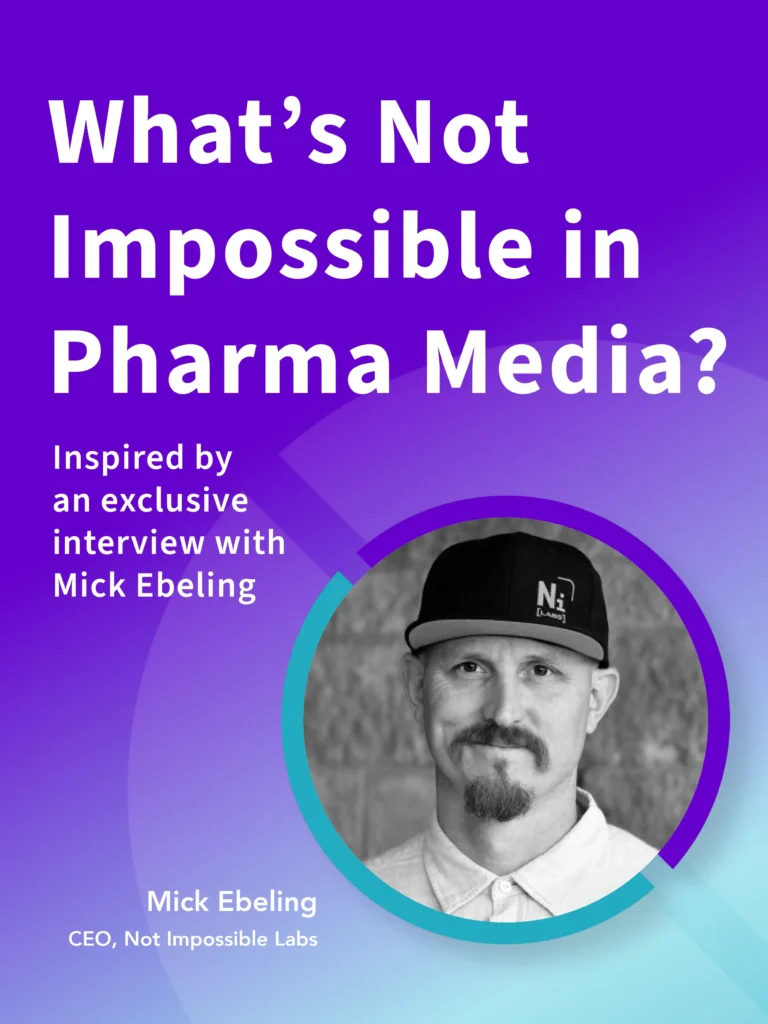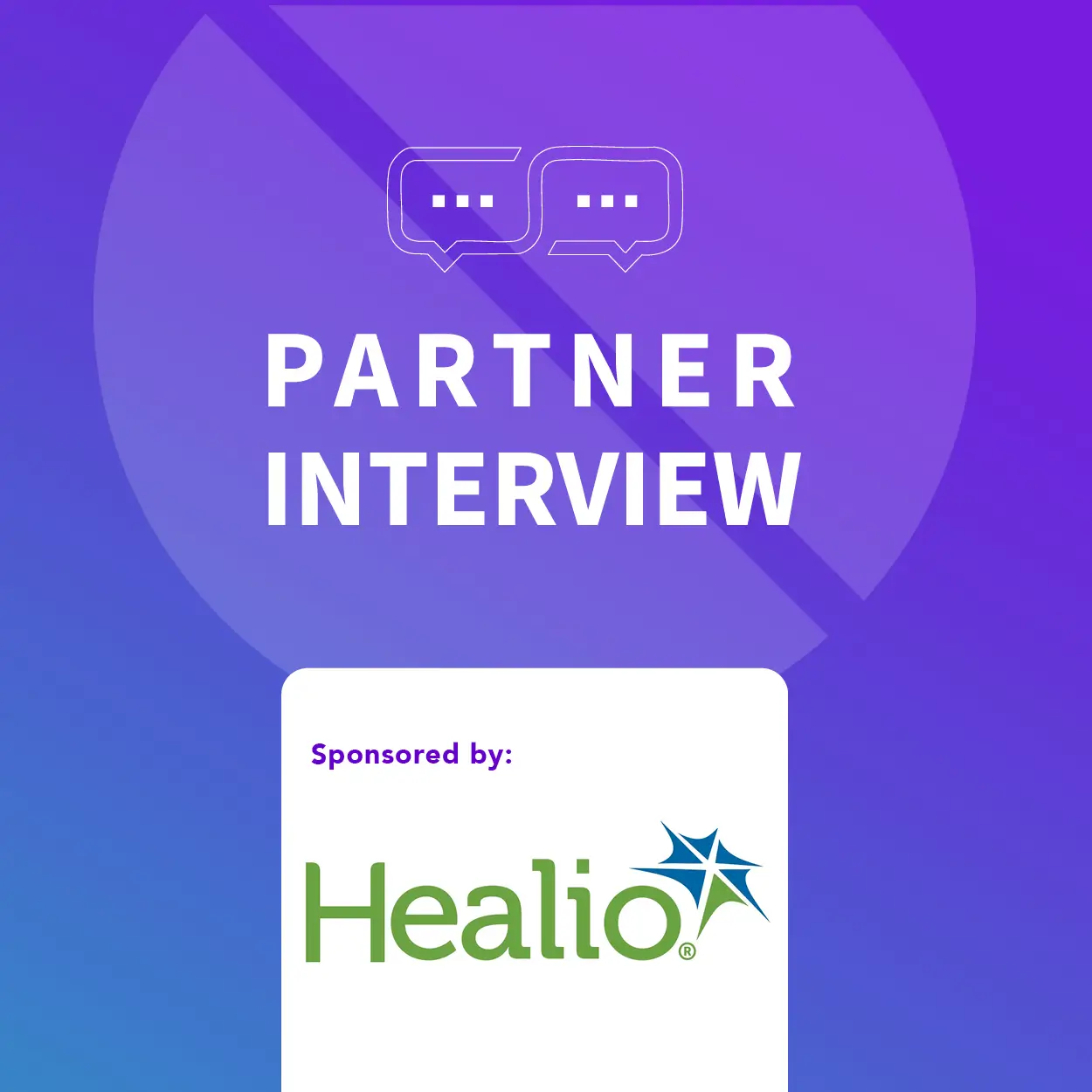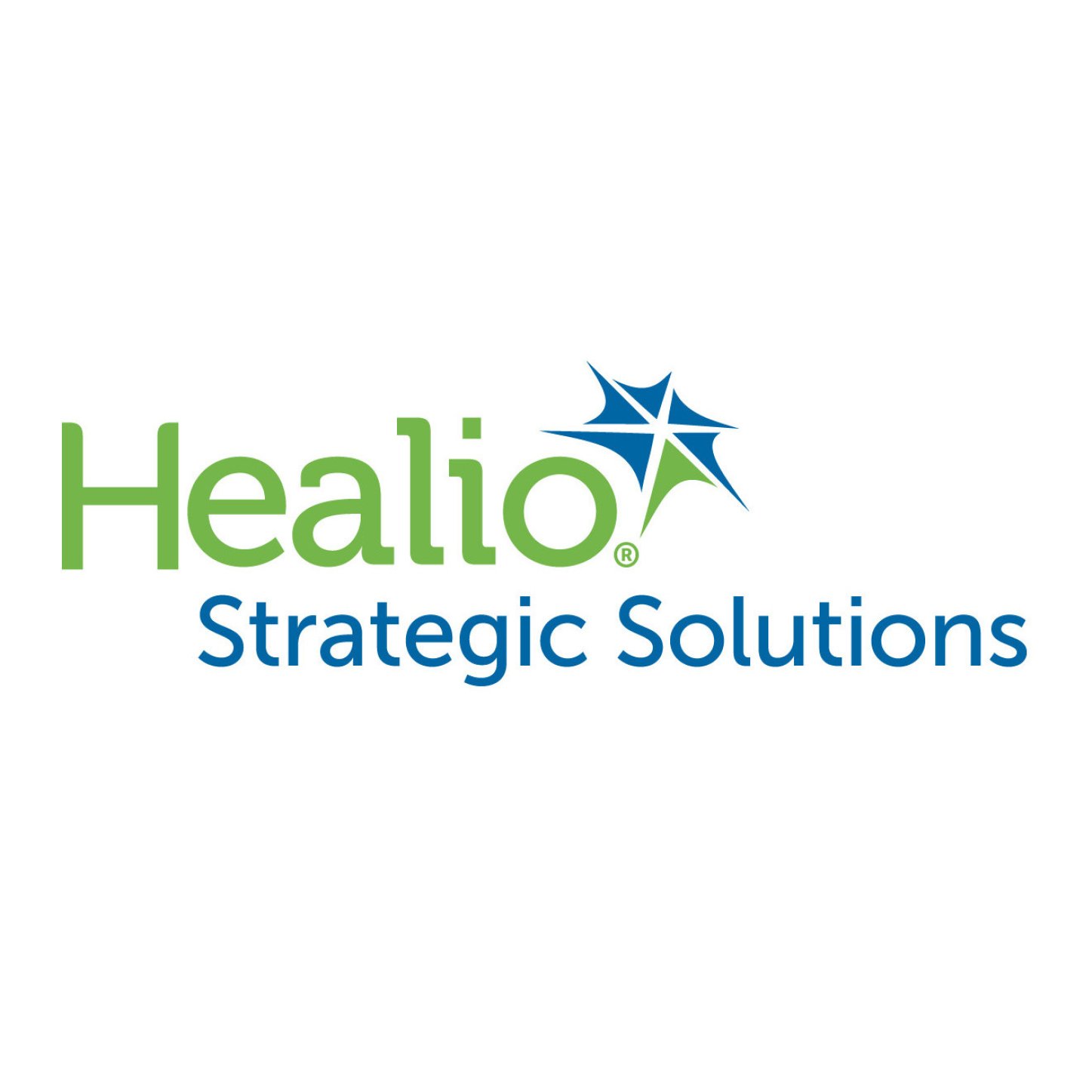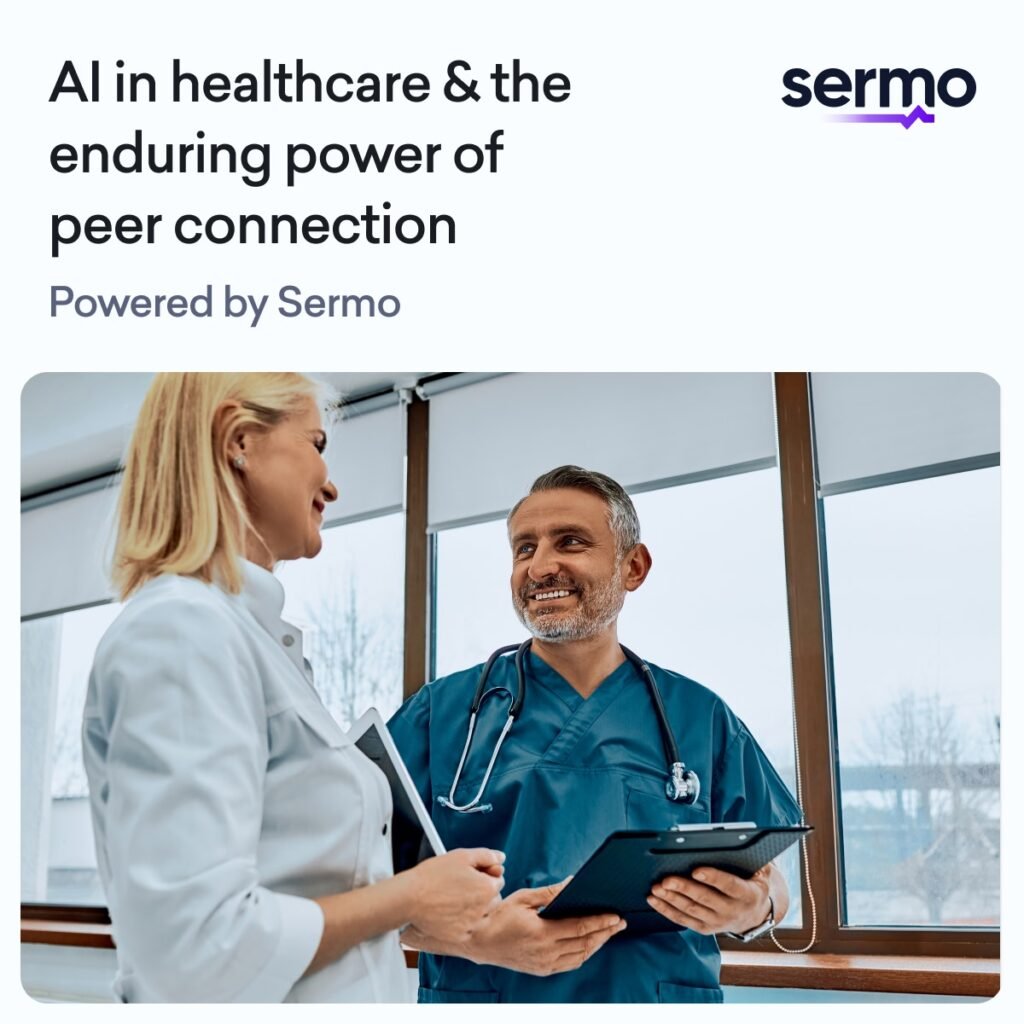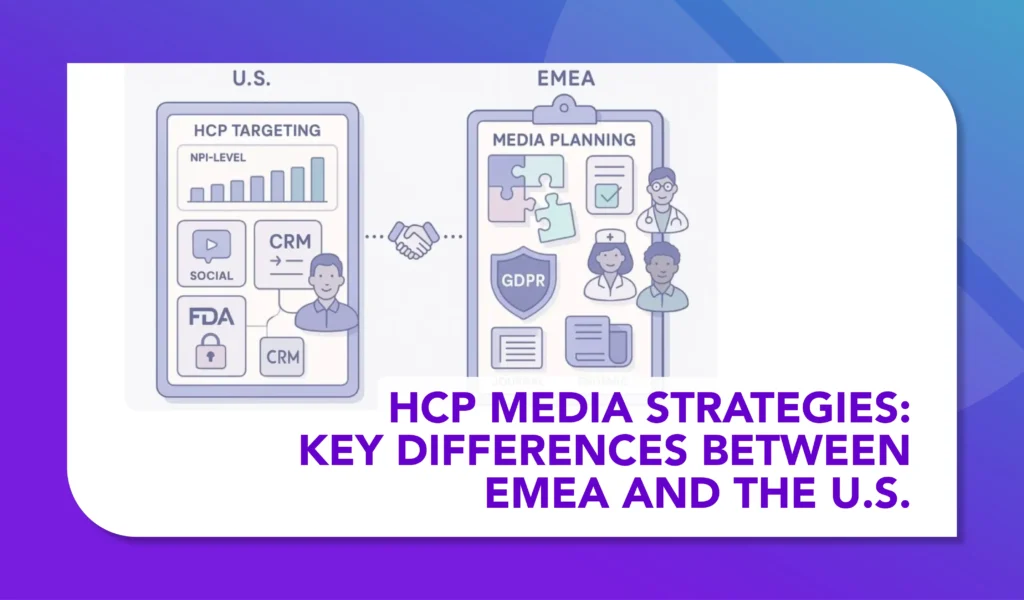Don’t Get AI-Washed
5 Questions to Make AI Work For You

We’re living through a moment of incredible change. AI isn’t some future concept anymore – it’s already woven into our daily work, our health systems, even our marketing strategies. Whether it’s helping doctors make faster decisions or marketers deliver smarter content, the tools we’re using are getting sharper, faster, and frankly, a little awe-inspiring.
The best part? It is now a democratized tool. Whether you’re running global clinical trials or writing marketing plans for brands, chances are AI has found its way into your workflow. That’s what makes this moment exciting – people everywhere are experimenting, creating, and reimagining what’s possible across every sector.
But here’s the distinction that matters: using it doesn’t make you an AI company – just like using Microsoft Word doesn’t make you a publishing house. There’s a big difference between having access to powerful tools and building something truly differentiated with them.
Whether you’re building products, buying services, or shaping strategy, the goal isn’t to be “AI-powered” in name – it’s to use it meaningfully, responsibly, and effectively.
When looking at your own offering, or choosing partners to work with, ask these 5 questions to ensure you don’t fall foul to ‘AI-washing’…
1. What kind of AI is being used, and why was it chosen?
AI isn’t one thing – it’s a toolkit. Generative models, machine learning algorithms, NLP, automation frameworks – each has strengths. The key is understanding the fit. What was the problem being solved, and why was this particular approach chosen?
In pharma media, for example, is AI being used to better match messaging to real-time HCP behavior? To auto-generate tailored content for different specialties? Or simply to automate workflows? Each of these has value – but clarity matters.
This isn’t about gatekeeping who gets to “claim AI.” It’s about aligning tech choices with meaningful outcomes.
2. What data is powering the AI, and is it fit for purpose?
AI is only as good as the data it learns from. For those building with AI, this is a chance to show strength: transparency around data sources, clarity on relevance, and confidence in governance.
For buyers, it’s a smart checkpoint. In pharma and healthcare, it’s not just about volume – it’s about context. Is the data representative of the audience we care about? Is it compliant? Is it curated with quality in mind?
In media, that might mean pairing behavioral data with prescribing trends, or enriching HCP insights with content engagement signals. The best AI outcomes come from thoughtful inputs.
3. What measurable value is AI delivering, and how is it tracked?
Everyone’s under pressure to do more with less – and AI can absolutely help with that. But rather than just “being impressed” by it, it’s more empowering to ask: What’s changed because of it?
Has it accelerated creative production? Increased relevance of messaging to HCPs? Improved ROI on paid media spend? Helped reduce time spent on repetitive processes?
Clear KPIs not only keep vendors honest – they help internal teams learn and build better.
4. How does this AI make the experience better for real people?
At its best, AI should feel like a helping hand – not a replacement. It should take the friction out of tasks, bring clarity to decisions, and let the humans involved focus on what really matters.
For HCPs, that might mean content that’s timely, specialty-specific, and clinically useful – delivered in the right channel at the right moment. For patients, it might mean tailored support resources that adapt to their journey. For marketers, it might mean better insight into what’s working and why.
Whether you’re designing or buying, it’s worth asking: Who benefits – and how?
5. Is the AI built and used responsibly?
This is where optimism meets accountability. It is powerful, and with that comes responsibility. The most credible partners in this space won’t just talk about what their tech does, they’ll talk about how it’s governed.
Are there checks for bias? Are outputs reviewable and auditable? Is the model continuously improved with human oversight?
In regulated industries like pharma, this isn’t just nice to have, it’s essential. And in media, where personalization walks a fine line with privacy, trust is everything.
The Takeaway: AI is a Tool. Value is the Outcome.
The goal isn’t to be an “AI company,” it’s to be a smarter, more adaptive, more valuable company that’s using AI to solve real problems. Whether you’re creating new solutions or evaluating them, asking the right questions isn’t about catching people out, it’s about lifting the bar for everyone.
So yes, be curious. Be discerning. But stay optimistic.
Because in the right hands, with the right intent, AI can do more than transform our workflows, it can elevate the entire healthcare experience.

